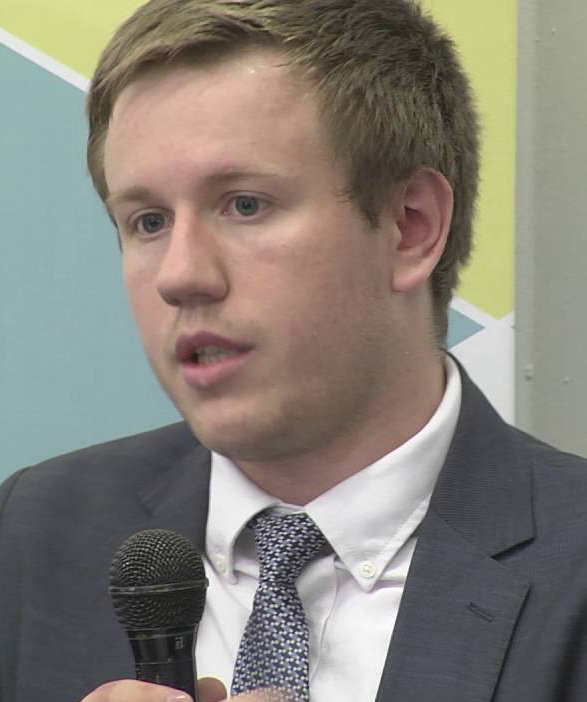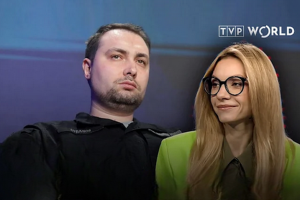First stage of electronic declarations: preliminary conclusions
 Andriy Sukharyna,
Andriy Sukharyna,
Junior Analyst
October 30 was the deadline for the submission of electronic declarations of high-standing public officials, including judges and investigative prosecutors. The e-declaration process had great social and political sensationalism, was accompanied by attempts to foil the process and open resistance of certain politicians, government officials and all individuals interested. A small group of anti-corruption activists, western partners and the common sense of top officials who in the end gave the green light to this process openly resisted the sabotage of e-declarations. So, the first stage of declaration ended meaning that preliminary conclusions as to the main results can be drawn.
Publication of declarations of high-standing officials will have two direct consequences. First of all, this will increase the level of socio-political pressure in society, which is sufficiently high as it due to the existing socio-economic, security and political problems. Secondly, the relatively successful completion of the first stage of declaration demonstrated to western partners two important, albeit cardinally different aspects of Ukrainian realities. The first of them is that the Ukrainian leadership continues to fulfill the obligations it assumed regarding the fight against corruption and although with great difficulty is implementing anti-corruption legislation, particularly in the section on openness of data on property and incomes. The second is less optimistic. By showing incomes of high-standing officials Ukraine’s political elite seriously strengthened the threats to society of its level of corruption. It can be said that at this point western partners are shocked if not at the very least surprised by the level of corruption
There are two possible scenarios of the further course of events. The first is the introduction of of flexible criminal proceedings based on the results of reviews of declarations, which is the most important factor leading to judicial sentencing. The second way is the formal nature of reviews and the absence of flexible investigations with the exception of “cosmetic” cases against comparatively minor corruptionists.
At the moment, it is not clear which of the scenarios could reduce social pressure. At first glance, the intensification of the anti-corruption fight can partially satisfy the inquiries of society regarding fairness. However, it is critically important that justice applies not only to representatives of the former regime or politicians of the opposition, but also members of the ruling elite. Otherwise, flexible cases against politicians or high-standing officials could be perceived in society as persecution of opponents of the powers that be. Besides that, it is important that cases against top level corruptionists be grounded on a concise evidence base without which the notion of the fight against corruption can be discredited.
On the foreign arena the completion of the first stage of e-declaration will have two consequences – the perception of representatives of the Ukrainian leadership could somewhat worsen as a result of the public disclosure of information about their massive incomes of dubious origin.
On the other hand, the launch of e-declarations without a doubt sent out a positive signal regarding the anti-corruption efforts of the Ukrainian leadership. Official messages to the West note that Ukraine finally showed real progress in this direction, but this is only the start of the battle. It is quite obvious that the main test of the dedication of the leadership of Ukraine to the fight against corruption lies ahead and its results will depend on the capability and desire of the leadership of the state to bring violators to liability for their actions.








